If we’ve learned anything about President Donald Trump, it’s that he likes to be seen as a dealmaker, and more recently, a peacemaker. Both personas were on display when officials from warring Rwanda and the Democratic Republic of the Congo (DRC) joined the president in the Oval Office late last month after signing a U.S.-brokered peace agreement which included pledges of greater economic investment including in the region’s critical mineral reserves. The administration touted the deals as a win for an Africa policy pivot away from foreign aid and toward a commercial diplomacy that prioritizes trade and investment.
But Trump is also the president who, in his March address to Congress, mocked the tiny African nation of Lesotho as a place “nobody has ever heard of.” The next month, the landlocked country surrounded by South Africa faced the highest tariff rate—50 percent—imposed by the president’s “Liberation Day” measures because the country imports almost no goods from the U.S., but Americans buy around $237 million in Lesotho goods every year, mainly textiles and apparel (including Levi’s). The 50 percent duty was paused, but the current 10 percent worldwide tariff and still-looming threat of higher duties led American companies to cancel orders with textile factories, sparking layoffs and worsening already bleak unemployment rates. This week, the country declared a national state of disaster amid the economic uncertainty.
For Lesotho at least, American commercial diplomacy seems in practice like neither trade nor aid, especially in light of the dismantling of the U.S. Agency for International Development (USAID). The humanitarian aid funding freeze seriously disrupted lifesaving programs like the President’s Emergency Plan for AIDS Relief (PEPFAR), from which the country benefited.
Proponents of the administration’s shift believe the traditional engagement and aid approach to Africa has done little to serve American interests. Critics argue the dismantling of aid infrastructure and sidelining of development assistance will have disastrous humanitarian effects in the pursuit of short term transactionalism that will weaken America’s strategic position on the continent, especially relative to China. But sympathetic and skeptical observers alike agree that conflicting priorities at play will make actually implementing a pivot difficult.
“We no longer see Africa as a continent in need of handouts, but as a capable commercial partner,” said Ambassador Troy Fitrell, the top African diplomat at the State Department, during a trip to West Africa in May. “‘Trade, not aid,’ a slogan we’ve seen thrown around for years, is now truly our policy for Africa.”
“The administration’s goal here is clear: to increase U.S. exports and investment in Africa, eliminate our trade deficits and drive mutual prosperity,” he added. A main thrust of the strategy involves directing U.S. embassies to prioritize private sector commercial partnerships, with the State Department apparently grading U.S. ambassadors on the number of new business deals they facilitate.
“We’re shifting from [U.S.] AID to trade,” Trump echoed at a luncheon last week hosting the leaders of five West African nations for a mini-summit. The meeting didn’t feature any immediate deal announcements. The most notable parts of the public discussion involved Trump urging the leaders to shorten their introductions and his surprise that the president of Liberia could speak such good English (the country was founded by freed American slaves and English is the official language).
The narrowing of U.S. interests.
The pivot away from aid comes on the heels of the deconstruction of U.S. foreign assistance across the globe, much of which had flowed to the African continent—more than a quarter of USAID’s spending went to Africa, “Under the Trump Administration, we will finally have a foreign funding mission in America that prioritizes our national interests,” Secretary of State Marco Rubio wrote in a July 1 essay marking the official transfer of foreign assistance work from USAID to the State Department. He argued that developing countries in Africa want more investment, not aid.
The secretary has said that a broader vision of foreign aid and directing assistance to support global order, freedom, and democracy abroad may have worked in the past but is no longer appropriate for the current era of geopolitical competition with China. “To defend the national interest of the United States requires us to, number one, make sure that every dollar we spend and every action we take has to have measurable outcomes that deliver for the American people,” Rubio said in May testimony to the House Foreign Affairs Committee. “They have to either make our country safer or they have to make our country stronger or they have to help make our country more prosperous.”
Absent from Rubio’s criteria is the traditional American belief that supporting the health, growth, and liberalization of developing countries is part of how the U.S. distinguishes itself from adversaries in their engagement in places like Africa. There is always some tension between humanitarian support and immediate American interests, but past administrations argued there’s a longer-term, strategic benefit to be derived from the former.
“What it looks like is a narrowing of how we define our interests in Africa,” Cameron Hudson, a former chief of staff to special envoys for Sudan and the director for African affairs at the Bush administration’s National Security Council, told The Dispatch. “We’re dedicating ourselves almost exclusively to the advancement of these interests, which is a very different way than, frankly, any administration, Republican or Democrat, has approached the continent.”
Indeed, Presidents George W. Bush and Barack Obama both recently condemned the dismantling of USAID. “Is it in our interest that 25 million people who would have died now live? I think it is,” Bush said, referencing the work of PEPFAR.
“The traditional approach that the United States has taken to Africa for decades really has largely failed,” Josh Meservey, a senior fellow at the Hudson Institute whose research focuses on Africa, told The Dispatch. Meservey sees enduring poverty, antipathy toward the U.S. from many African countries, and the rash of coups in regions like the Sahel as evidence that development assistance and democracy promotion in Africa has failed. Prioritizing commerce over assistance could have a better chance of producing concrete and self-sustaining returns for African partners, he argued.
Former aid officials argue such broad criticisms misconstrue development assistance. “It’s painting way too simplistic a picture of the way development movement works,” Dean Karlan, who until his February resignation was the head of USAID’s Office of the Chief Economist working to improve aid programs’ efficiency and effectiveness, told The Dispatch. “Nothing is ever that extreme. The right answer is, undoubtedly, sometimes it works and sometimes it doesn’t.” He emphasized that commercial investment is a key piece for improving economic growth but the banner of for-profit partnerships is not a panacea to overcome development challenges.
“Just like you can do aid in really good ways and really bad ways, you can also do investments in really good ways or really bad ways for the local country,” he said. “Just because [commercial diplomacy] has an umbrella around it, doesn’t mean that it’s foolproof for still being done badly and ineffectively and wasting money.”
Transactional dealmaking.
Some observers are skeptical that the administration’s shift toward commercial diplomacy will produce sustainable partnerships in practice. Getting signatures on framework agreements and photo ops in the Oval Office are a far cry from actually implementing commercial deals. For example, the DRC-Rwanda deal is only an initial framework and contingent on future deals and investment follow through. “For this economic integration framework to be implemented, it’s important for the U.S. to accompany the parties to implement what we have signed because in the past we have signed so many agreements that were not implemented,” Olivier Nduhungirehe, the foreign minister of the DRC, said in the Oval Office last month.
The administration’s emerging focus on dealmaking like the DRC-Rwanda framework seems to reflect “not so much transactionalism as … short-termism,” Hudson said. “Ninety percent of what’s in this peace agreement has already been in multiple peace agreements between these two countries over the last 20 years. What’s going to make this one different, and how are you going to sustain it? That’s where the spade work of diplomacy comes in, and we don’t have that happening right now.”
Stability, security, and public health are among vital prerequisites to sustainable trade and investment, and while the carrot of economic partnership might be sufficient to get heads of state to sign agreements, it doesn’t alone solve the deeper challenges plaguing underdeveloped and conflict-ridden countries.
For supporters of the commercial diplomacy pivot, the elephant in the room is what happened to USAID. Even as Trump officials advance the broader argument that U.S. foreign assistance to Africa promotes dependency and that commercial investment is the future, many recognize that much of USAID’s humanitarian work is still important and even necessary to make such a commercial shift successful.
When pressed by the Senate Foreign Relations Committee last month on the aid disruption to Africa, Fitrell, the current head of the State Department’s Bureau of African Affairs, repeatedly shied away from defending cuts to humanitarian aid and development programs that supported civil society and good governance. “I’m not saying that we’re not going to do those other types of programs, that’s just what the overall foreign assistance review is looking at,” he said. “The reason why we’ve been making such a big deal about the commercial diplomacy is because that’s the thing we’re doing that’s dramatically different from before.” (Fitrell is set to leave the administration later this month.)
USAID’s ongoing fallout.
Most USAID grants in Africa and elsewhere have been officially terminated—Rubio announced the end of 83 percent of the agency’s programs in March. Which programs still exist and are currently functional isn’t exactly clear at the moment as the State Department assumed responsibility for the remaining USAID work while in the middle of its own reorganization and downsizing. PEPFAR, for example, is a statutorily distinct program from USAID, but USAID was its primary implementing agency. Despite Rubio’s and other officials’ denials that life-saving aid has been affected, there have been widespread reports of PEPFAR recipients losing access to HIV treatment—the president’s FY2026 budget request includes 40 percent less funding for PEPFAR.
If U.S. assistance was failing to win enough friends on the continent, it’s hard to imagine how pulling the rug out from under life-saving programs, resulting in hundreds of thousands—potentially millions—of preventable deaths would make African governments more amenable to American interests.
The interruption in treatment is contributing to a surge of untreated HIV infections in the eastern DRC, including among women who’ve been raped by HIV-positive men. The Wall Street Journal reported this month that “the region is threatened by a destabilizing cycle of infection and death, puncturing whatever economic gains might be possible in such a volatile corner of Africa.”
Part of the problem, former officials told The Dispatch, is that the State Department is ill-equipped to implement USAID programs. “The State Department is not an implementation agency, it’s a policy institution. And they’re going to have to, ultimately, be somewhat of a hybrid now,” a former USAID official who is familiar with the administration’s thinking on international assistance policy told The Dispatch. “They don’t have a lot of contracting officers over there. They don’t have a lot of program design people. They don’t have a lot of monitoring and evaluation people, and they don’t have a very mature system when it comes to procurement and implementation of programs. For all of its faults, and I think USAID had many, it was a pretty well-oiled machine when it came to procurement and managing of programs, and monitoring and evaluation of programs, and data-driven assistance.”
Only about 300 U.S.-based roles at the agency out of roughly 4,500 such positions at USAID are set to be reconstituted under State. “The number of people that they’ve hired is so small that it’s daunting,” said Karlan, the former USAID economist.
“Do you really want to challenge China in Africa? Great. How does this new organization do that? I don’t know,” said Jim Richardson, a former USAID official and the director of the State Department’s Office of Foreign Assistance in the first Trump administration. The transition’s challenges are evident in the State Department’s slow pace of contracting for this fiscal year.
Barriers to commercial diplomacy.
Beyond the problems of implementing even pared-down humanitarian assistance, the administration is also taking steps that will likely make its own commercial diplomacy more challenging. Prosper Africa was a more than $520 million program created during the first Trump administration and continued under President Joe Biden that facilitated American business investment in Africa through coordinating resources among various U.S. agencies including the International Development Finance Corporation, the Export-Import Bank, and the Small Business Administration. Prosper Africa even created “deal teams” at U.S. embassies in Africa to secure investments from both American and African companies—effectively mirroring part of the “new” Africa strategy announced earlier this year.
Prosper Africa was one of the many initiatives cut earlier this year. The president himself cited the program in February as an example of DOGE-identified waste, inaccurately claiming the $520 million only funded a consultant doing environmental, social, governance (ESG) work in Africa. He was seemingly unaware that the program was one of the signature elements of his first administration’s Africa policy that took credit for helping facilitate $22 billion in deals by the end of 2020.
The president is also still pushing a tariff regime that would only make greater American investment on the continent more difficult. The duties have already functionally blown up the African Growth and Opportunity Act (AGOA), a decades-old trade policy that offers dozens of qualifying African countries tariff-free access to U.S. markets. But AGOA is also set to expire in September, and some administration officials signaled a lack of enthusiasm about asking Congress to extend the law, as was done previously in 2015.
The recent visa restrictions on African countries and the threat of adding states to the list reflect another potential barrier to commercial partnerships. The 1 percent tax on remittances—money that immigrants send to their home countries—included in the One Big Beautiful Bill Act will deliver another hit to incomes in countries like Liberia.
“How do we say we want to do business with you, we want your minerals, we want to do all this great commercial work with you when the message that we send them is, but we don’t want you coming to our country, and in those deals, we’re going to impose a 15 [percent] tariff on everything, even though you’re a desperately poor country and we’re the richest country in the history of the world,” Hudson said. “There’s a contradiction that is inherent in that I don’t think that they appreciate, but that African officials do appreciate and are having a great difficulty in trying to rationalize.”
A sympathetic read of the pivot is that Rubio and other “adults in the room” couldn’t save USAID from Elon Musk’s woodchipper and Trump’s view of the agency as a radical, woke bogeyman. Africa specialists were left picking up the pieces of a foreign assistance infrastructure they almost certainly would have preferred to keep intact and to mold in support of a more trade- and investment-focused agenda. In the wake of damage to the aid and development sector, those voices in the administration seem optimistic that they can still pull off a commercial pivot, but they’re operating under a president who explicitly favors extractive dealmaking—see the back-and-forth over the Ukraine minerals deal—and who also remains committed to his tariff agenda.
“One of the most overused phrases in D.C, is inflection point,” said Meservey, the Hudson Institute fellow, “but it feels like we’re actually at an honest-to-goodness inflection point right now on Africa policy.”
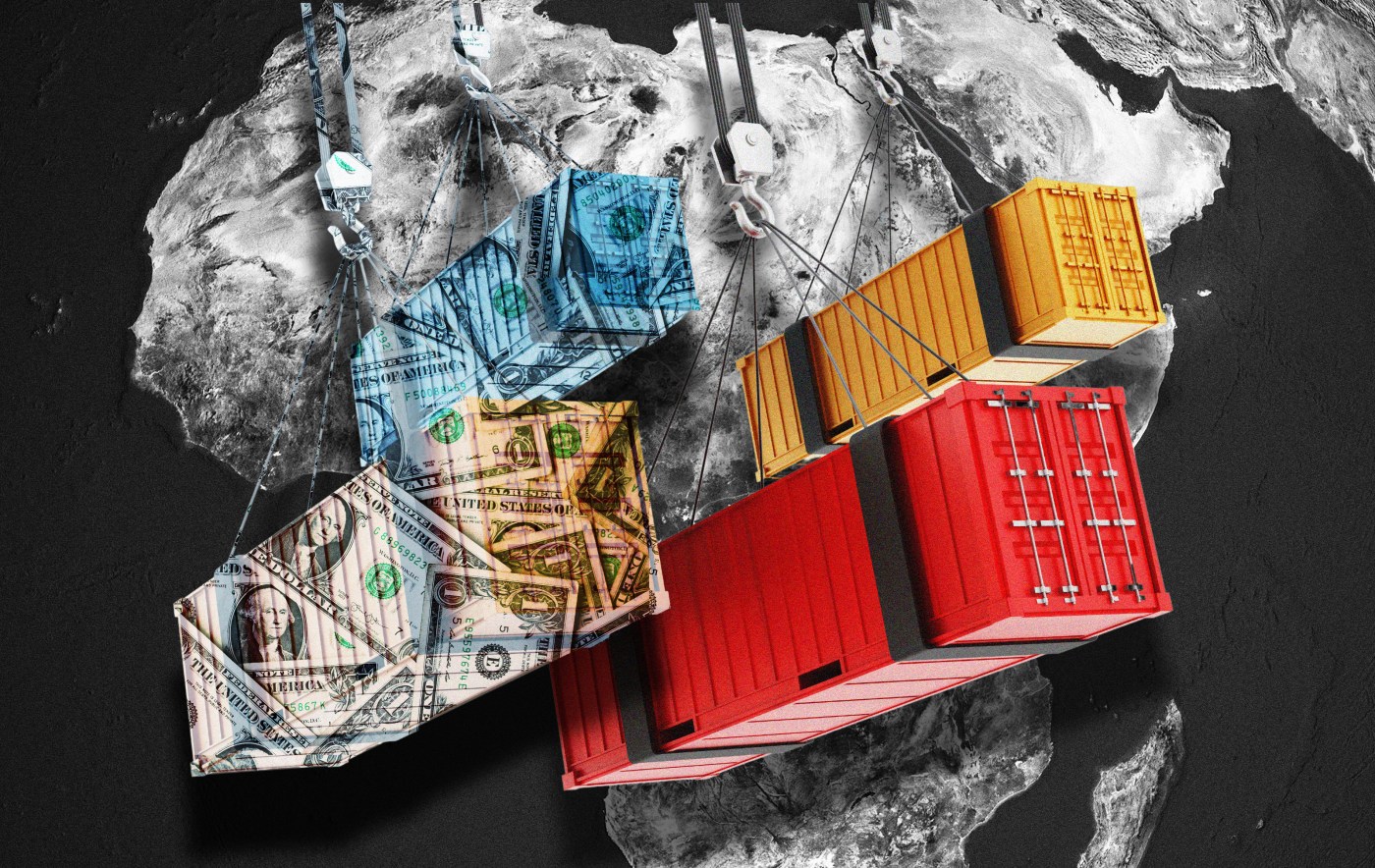

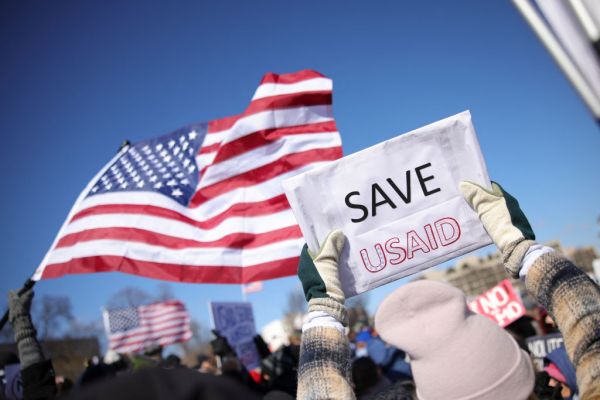
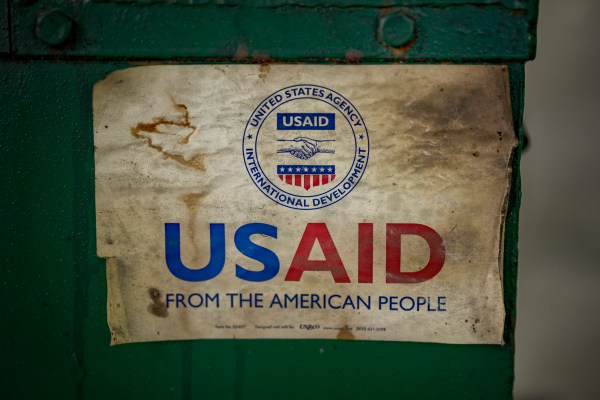
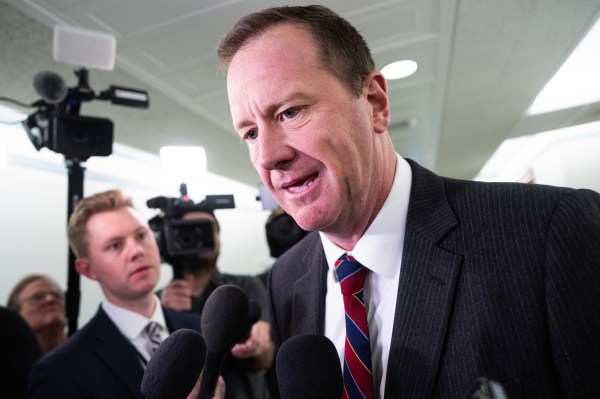

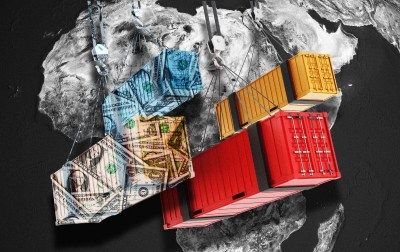
Please note that we at The Dispatch hold ourselves, our work, and our commenters to a higher standard than other places on the internet. We welcome comments that foster genuine debate or discussion—including comments critical of us or our work—but responses that include ad hominem attacks on fellow Dispatch members or are intended to stoke fear and anger may be moderated.
With your membership, you only have the ability to comment on The Morning Dispatch articles. Consider upgrading to join the conversation everywhere.